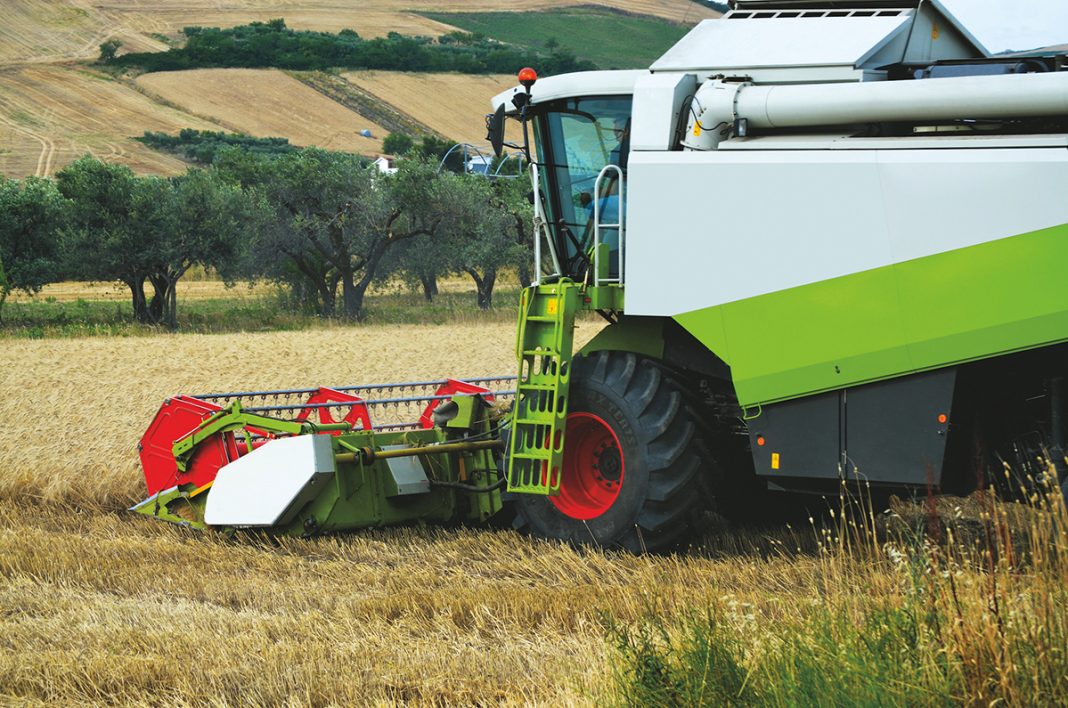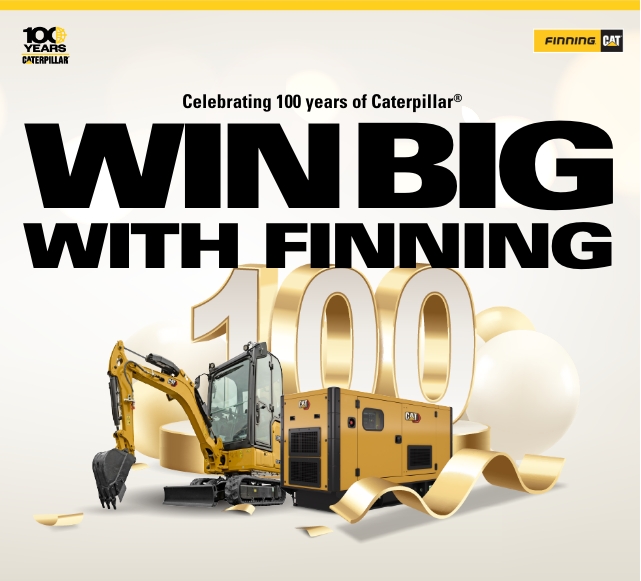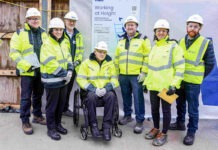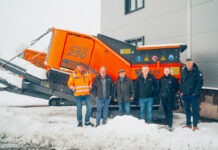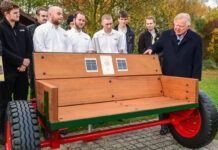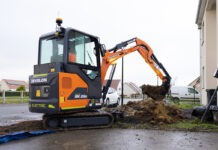Hybrid crops, excessively short cutting and bad soil maintenance can cause punctures and tears. For this problem, which is increasingly felt by farmers, BKT suggests tires with specific compounds, in theranges dedicated to harvesting and ploughing.
Would you walk like a fakir barefoot on a bed of nails? This is the image which can help visualize how a tire can suffer punctures and tears in crossing a field after the harvest, where the toughest stalks, the so-called stubble, can represent a real problem.
There are numerous causes, but only one solution: to use compounds and structural solutions to make the tire more resistant, because the stage immediately after the harvest, as well as dry-ploughing, are the conditions with the highest risk of puncture.
Producers of seeds, such as corn, soybeans, cotton and rapeseed, have developed genetically modified crops, which stay stable and have high wind resistance, can withstand significant temperature variations, resist disease and parasitic infections.
But the counterpart to a robust crop is equally robust, extremely rigid stubble, in order to cut which operators have to fit out their machines with special equipment and above all with highly resistant, high-performance tires.
Stubble damages the tires in the areas of the sidewall and the tread, above all in the grooves. In passing over stubble the friction causes the detachment of large pieces of rubber, something which cannot always be repaired.
Of course there are techniques to reduce or prevent the problem: cutting stubble higher at the moment of the harvest, for example, thus allowing the tire to pass over the stubble in a point which does not penetrate, or using stubble deviation devices, such as stompers , which help push aside the residue before passing over it.
For the tires themselves too there are solutions and BKT has tried and introduced various ways to minimize the damage.
The most effective interventions regard specific, highly resistant compounds and structural changes in the body of the tire.
An excellent solution is to use belts in aramid, a fiber which is five times more resistant than steel and characterized by high traction resistance. These belts also enable greater uniformity in the product on the ground, and at the same time guarantee better puncture resistance.
Given its sensitivity to this particular issue, for some years BKT has been working on its bias and radial tires, offeringinnovative aramid-belted versions , i.e. with belts in aramid for more resistance to punctures and special versions where the compound guarantees extraordinary resistance against cutting.
Against stubble, punctures and cuts, BKT thus deploys the exceptional characteristics of AGRIMAX TERIS, a radial tire which has a different compound from that designed for tractors, tougher and more resistant, for cropping and harvesting machines, in particular for combine harvesters.
A special protection for the sidewall and the reinforced shoulder increase the resistance and, consequently, also the life-cycle of this product. There is no lack of traction, stability and a high load capacity, key features of AGRIMAX TERIS which guarantee excellent performance.
Numerous sizes available and some equipped with IF technology.
When instead it is time to plough and the machines are normally fitted with Flotation tires, for better distribution and weight support, in this case too BKT suggests specific products, FLOTATION 558 and FLOTATION 648,bias tires which already have Aramid Belted HDcompound as standard to avoid punctures, and are especially suitable in the case of tough stubble.
FLOTATION 558 is a cross-ply tire for combine harvesters and round balers, both on and off the road.
FLOTATION 648 is particularly suitable instead for transport in the field, as well as spreading applications.
Both have a high traction capacity; the particular design of the tread allows the transport of very heavy loads at low pressure, consequently guaranteeing reduced soil compaction and at the same time protecting crops from damage. Specifically, the rounded profile, which is a feature of these tires and typical of bias products, is an excellent ally to deploy in the field.
Again from BKT and finally, there are the radial tires for agricultural equipment and trailers, which have already incorporated the use of different technologies to provide resistance to stubble. Among these, above all in the implement applications, we find:
AW 711, specifically designed for soil tillage applications, it has a special tread compound which ensures its long life-cycle, when used on both soft and hard surfaces; RIB 713, a tire whose steel belted structure guarantees extraordinary resistance to puncturing;SR 713, an All Steelradial tire with VF technology, characterized by a large tire footprint, for reduced soil compaction; and finally I-1, designed with a compound which is resistant to stubble to increase its duration and overall performance in the field.


